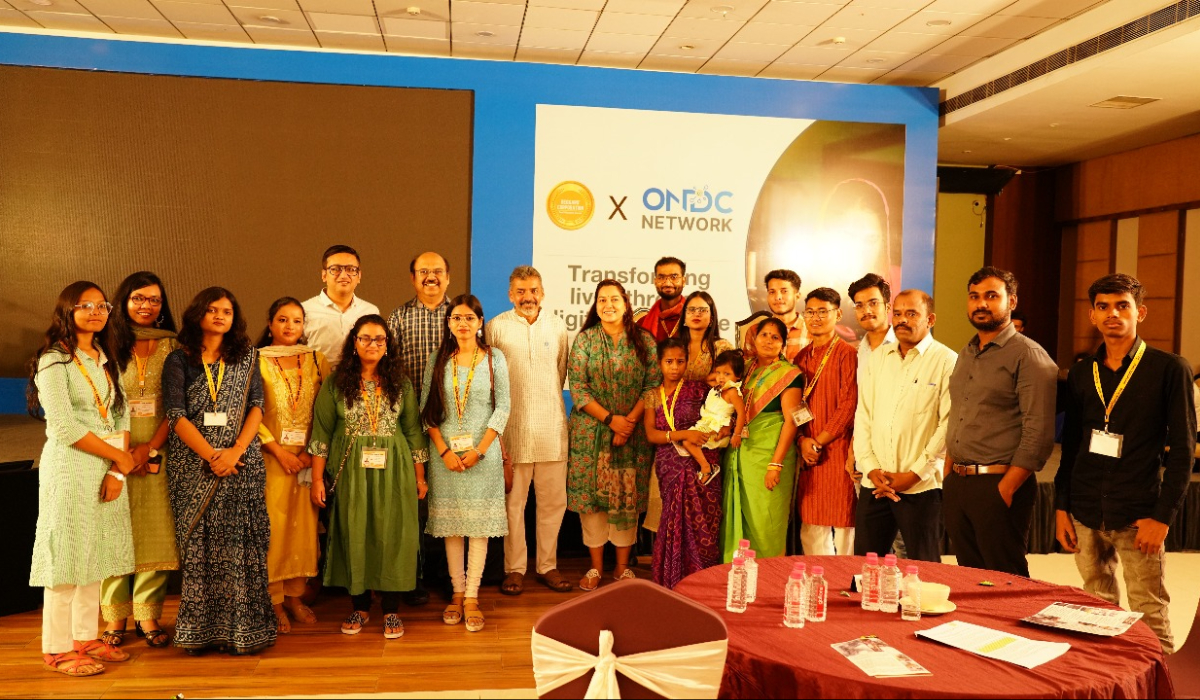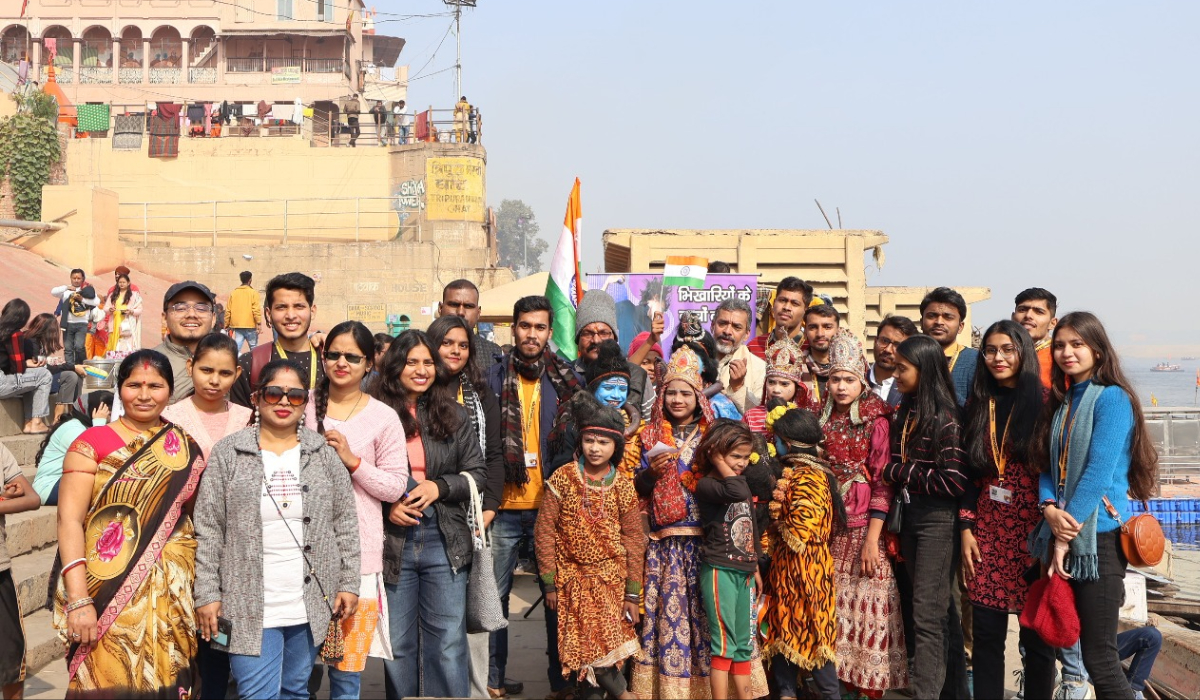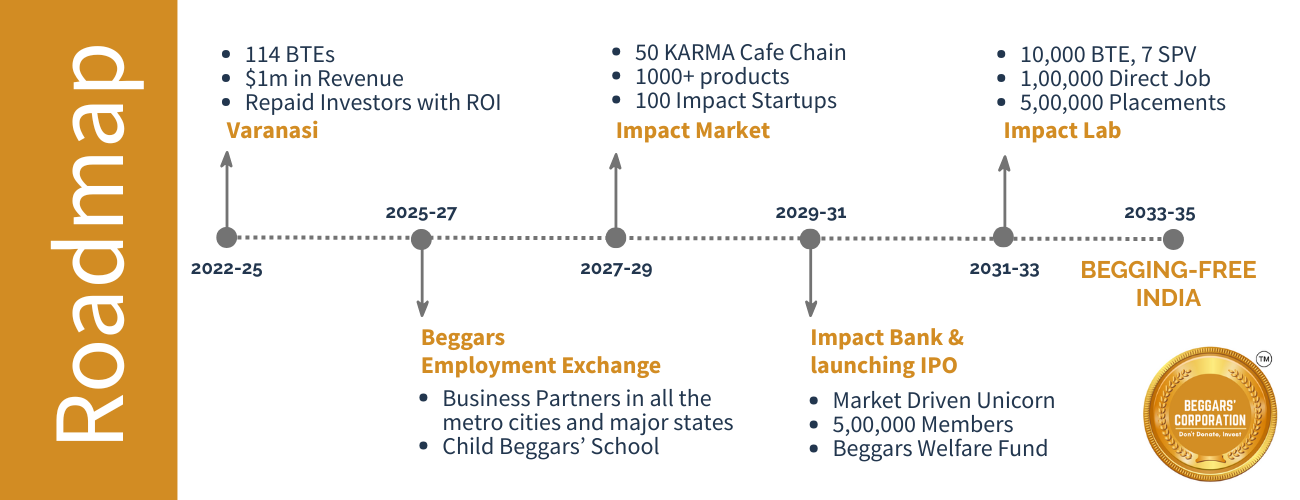
Known for his term Employonomics, Chandra has been working on a result-oriented National Employment Policy since 2017. He argues that human resource-based economic planning is the permanent answer to the problems of unemployment and income inequality. He believes that the Beggars Corporation can be an eye-opener for this purpose because, if beggars can be entrepreneurs, nobody can be unemployed.
In 2005, Chandra helped the Government of Odisha launch the High Power State Employment Mission under the chairmanship of Hon'ble Chief Minister Shri Naveen Patnaik and served as its Steering Committee Member. After that, he worked in various states like Karnataka, Bihar, Chhattisgarh, Haryana, and Delhi on this issue and interacted with top policymakers in the country, including BJP National Organising Secretary Shri BL Santhosh (2021), Bihar Chief Minister Shri Nitish Kumar (2018), key leader in the then UPA Government Shri Rahul Gandhi (2010), and Gujarat Government under the then Chief Minister Shri Narendra Modi (2012).
Starting his career as a journalist, Chandra pioneered Citizen Journalism in 1995 as Editor of a vernacular daily AROMV in Bhubaneswar, which was widely covered by national and international media. Besides empowering readers as journalists, his newspaper selected an ordinary person daily as the People's Editor and reproduced his or her voice on relevant public issues as the People's Editorial of the Day.
For more,
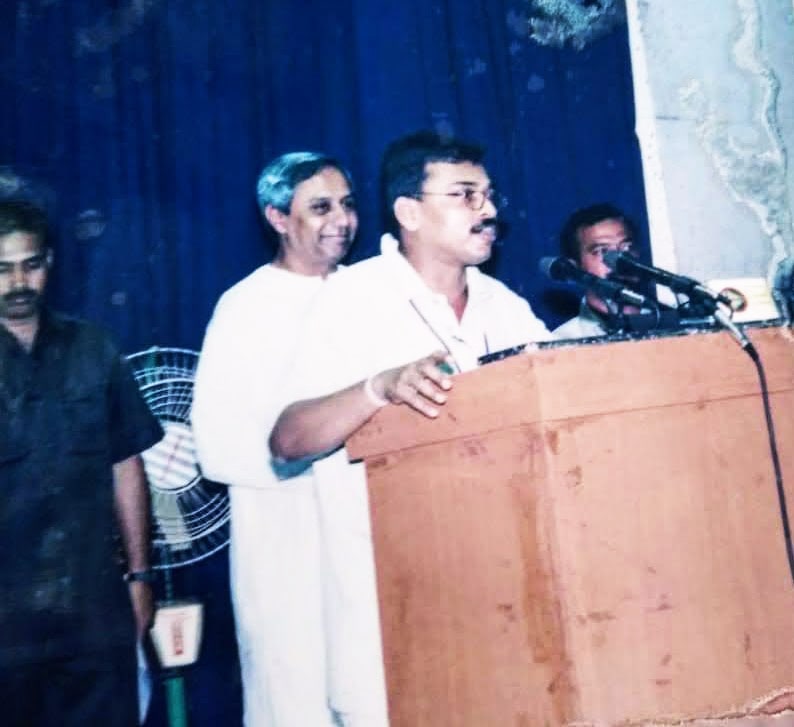
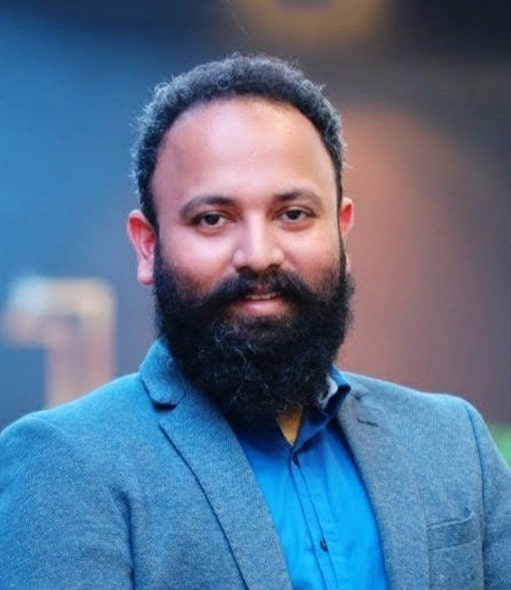
One of the forward-looking marketing strategists with 15+ years of productive experience, Badri responds to new ideas with "Why Not" instead of the stereotype "Why". With 15+ years of productive experience in senior positions like Vice President, Business Strategy, Vestige; Assistant Director, Snapdeal; and Head of Procurement, Fabindia, Badri is currently Vice President of the game-changer ONDC (Open Network for Digital Commerce) in Delhi. Along with the Head for Profit, Badri has a Heart for Social Impact, which beats for the poorest and the beggars.
For more, Visit Linkedin Profile

A trained hotel management professional, Dev worked with leading hotel chains like Radisson Blu in Delhi, NCR, and Ramada Plaza in Varanasi. Dev was the first one to believe in the vision of Beggars Corporation, quit his job, and walk hand in hand through the lanes of Varanasi when people were taking it as a bad joke. Volunteers are the backbone of the Beggars Corporation. Multi-tasking Dev connects with the beggars at the ghats, works with the volunteers, and manages the day-to-day activities of the Beggars Corporation.
For more, Visit Linkedin Profile
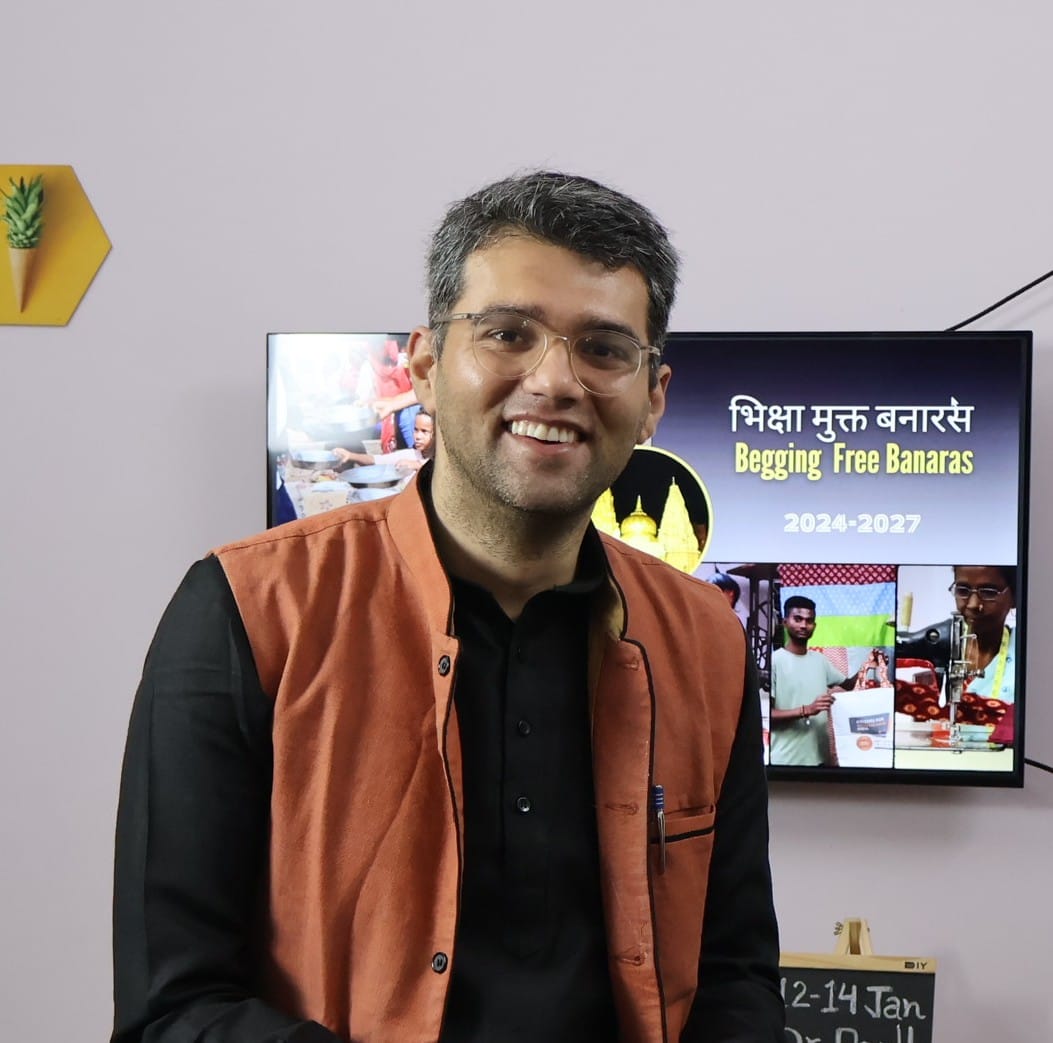
Trained to treat diseases, Dr. Parth Chopra also has an inclination to treat the diseases of society. A true Indian serving as a doctor with the Government of Germany, Parth's heart lies in India and its people living at the Bottom of the Pyramid. In April 2023, Parth volunteered to join Beggars' Corporation as a Social Investor and Mentor to the Beggar-Turned-Entrepreneurs. He heads the national and global network of Citizens for Begging Free India as its Convener.

An engineer by education, a devoted mother by emotion, and a social changemaker by passion, Er Gayathribai understands responsibilities better—both personal and social. Coming from a prominent family in Kanchipuram, Tamil Nadu, and being the better half of a banker, Mr. Premnath R, she knows how to balance both Profit and Purpose. Moved by our call "Don't Donate, Invest," she and her banker husband volunteered to invest in Beggars Corporation. A director on our board, she handles the outreach program as Co-Convener of Citizens for Begging Free India.
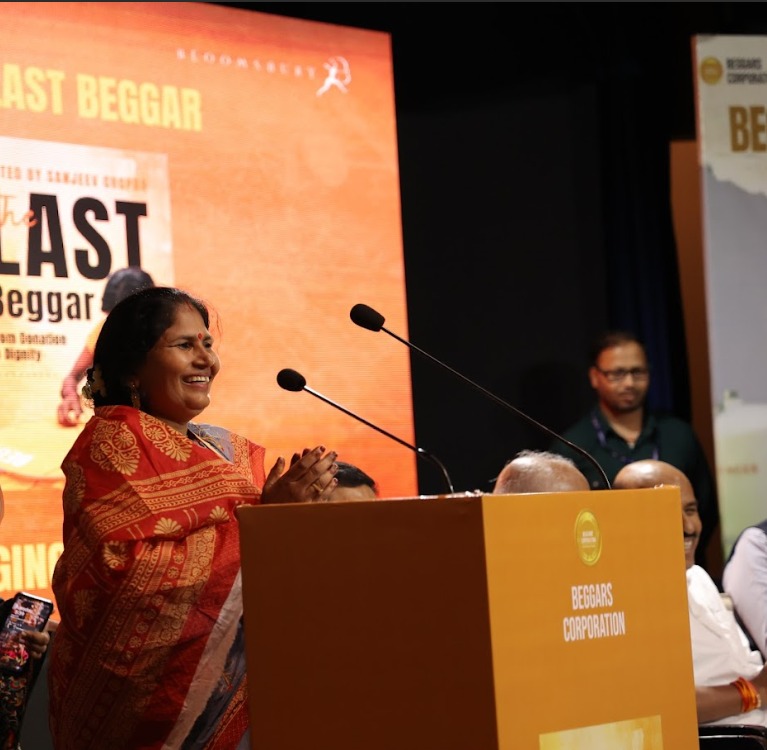
Mirchmala Devi, the Beggar-Turned-Entrepreneur (BTE), has been appointed as Director. The historic announcement was made on Begging Free Day, 12 August 2025, at DAIC, New Delhi.
She joined Beggars Corporation in October 2023. Within just 10 months, she attained financial independence and set up her own business at Dashashwamedh Ghat in Varanasi. Her appointment marks a shift in the corporation’s leadership. Now Mirchmala Devi will champion the cause of BTEs within the corporation, showcasing a remarkable journey from the streets to the boardroom.
.. the list is much bigger. It includes all the members of Citizen for Begging Free India, our Changemakers and Volunteers in Banaras, and Member Customers. We believe every conscious citizen like you is part of the team. We are simply a symbol of the collective conscience of the society.
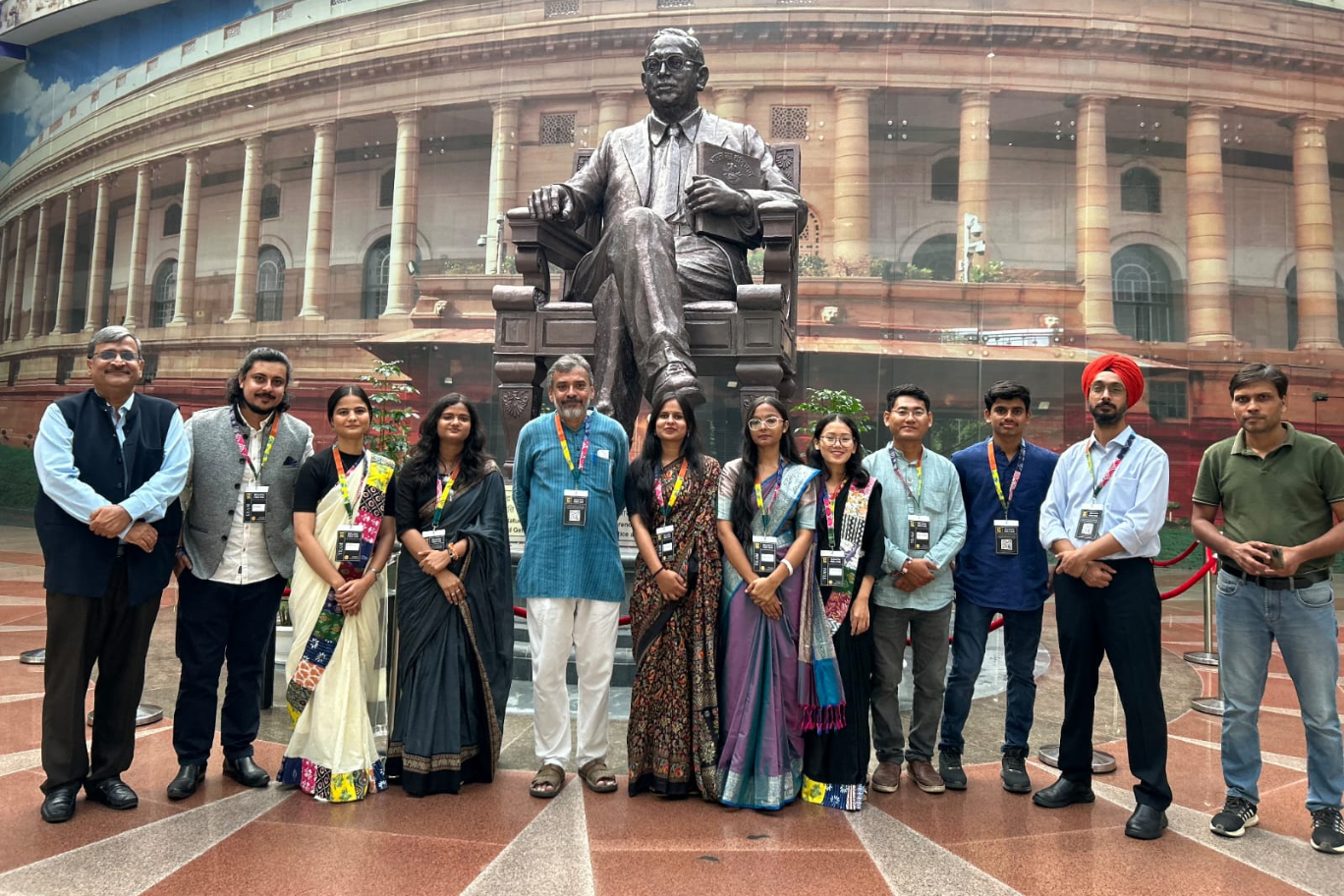
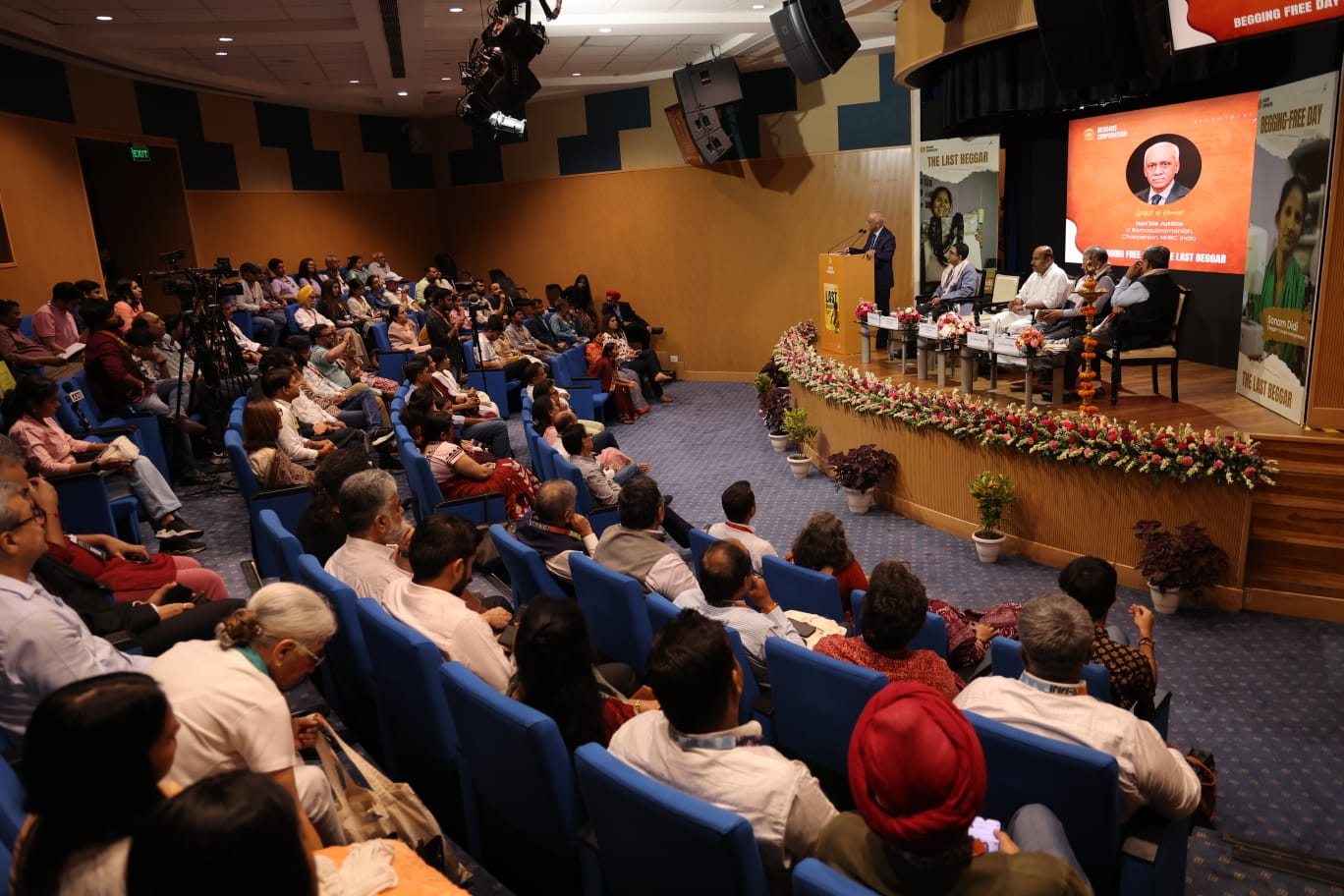
As per Census 2011, India has 4.13 lakh beggars. The Bombay Prevention of Begging Act, 1959, which is adopted by most of the state governments, criminalises begging and authorises police to arrest without warrant. This British era punitive law focuses on the symptoms, not the causes of begging. In 2025, the District Magistrate of Indore in Madhya Pradesh went further to lodge FIR against the sympathetic donors helping the hungry destitutes. But in a landmark step, the Hon'ble Supreme Court of India refused to ban begging and observed that : "No person would like to beg unless he or she is forced to do so because of poverty. It's a socio-economic problem."
Begging is not only a by-product of extreme poverty but also of social helplessness, unavailability of work, and, sometimes, lack of work culture or attitude to work. On the other hand, it results in vast idle manpower, different rackets like child trafficking, child beggars, drugs peddling, crime, and prostitution. We, as a nation, have failed to solve this problem in long 75 years since independence.
Charity breeds poverty and fails to create responsibility. Thousands of welfare schemes/ projects/ programs by the central and state governments and non-governmental organizations (NGO) have failed to solve this problem.
Our solution model has two distinct features:
The traditional solutions so far are based on the principles of Sympathy, Charity and Donation which lack sustainability. The Social Justice and Empowerment department of the Government of India and Social Welfare programmes of the state governments work on this charity model, and they involve NGOs or non-profit organizations in its implementation. In contrast to it, our Profit-with-Purpose model tries to make the Beggars both Creators and Owners of Wealth through social business.

